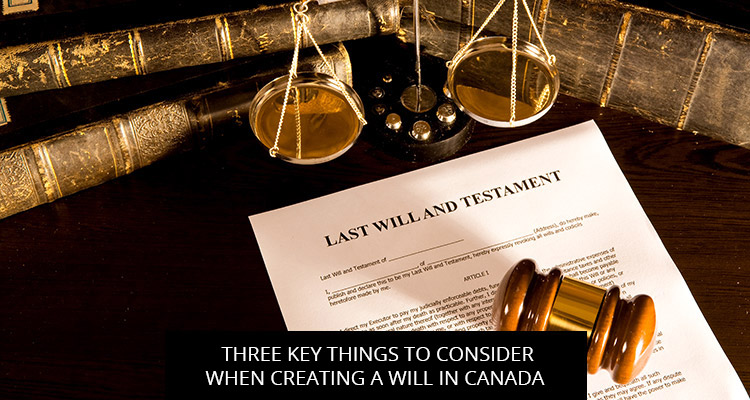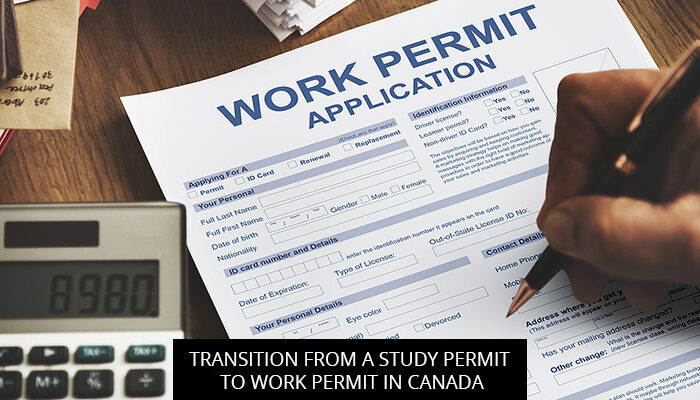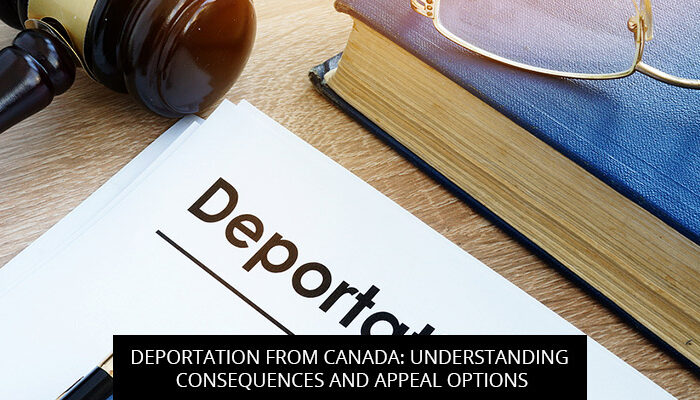
Estate planning has always been at the heart of the hassle-free distribution of assets and finances. Many people avoid creating an estate plan because of the legal particularities that are involved in the process. Establishing an estate plan or a will does not have to be a daunting process. In Canada, it is a general rule that anyone who is mentally competent and has reached the age of majority can write a will.
If truth be told, estate planning and wills are used interchangeably in the management and distribution of assets. However, there lies a little difference between these two: An estate plan is a comprehensive blueprint that draws out how your assets are to be dispersed during your lifetime or after your death; a will, on the contrary, is a legal document that deals with your assets’ distribution after your death.
The following elements must be taken into account when you are writing a will:
- Identify the beneficiaries and other people in your will
A beneficiary is a person who is entitled to be the recipient of your assets and finances when you pass away. Through a will, you have the option to select people to list them as beneficiaries in your will. If you have children, then your children will be the beneficiaries.
Besides that, there are few other people that can be a part of your will, including the custodians or guardians who will be responsible for taking care of your children if you or your partner pass away. They will also manage your assets if you have minor children. Also, one must specify a certain age at which they wish the finances to be passed to the dependent children from the nominated guardians.
In a similar vein, a power of attorney (POA) can be appointed for the execution of your will. The POA can be for property matters and for personal or medical care purposes as well.
- Always look out for an executor
An executor plays a key role in the administration of your will. In the majority of cases, a spouse, family member, or close friend is appointed as an executor. The appointed person is responsible for carrying out the distribution of assets as per your wishes. The appointment of an alternate executor should also be considered if the primary executor is not able to carry out the process.
Jot Down Your Assets
When making a will, it is helpful to list down all your assets and financial affairs. Oftentimes, the assets are owned jointly, such as joint tenancy, tenancy in common, etc., which could raise questions like whether that property can be a part of a will or not.
A will also permits a person to gift specific items, commonly called bequests, to a specific individual. Such gifts generally do not include residual estate. A few common gifts that people list for gifting purposes include jewelry, family heirlooms, cash, clothing, etc.
The Bottom-line: It is wise to gather and review all essential documents related to your estate. Make sure your trusted persons are aware of where you keep these documents for the execution of your will after your death. For clarity purposes, always name the persons who you wish to be beneficiaries or power of attorney. Not least of all, one must decide beforehand how one want to write a will. It may be done either using an online will platform or with the help of a lawyer.
Get In Touch With Us!
Disclaimer: Kindly note that sending or receiving information through this site does not establish a solicitor-client relationship. Legal matters are fact-specific, and the law is variably changing. The views expressed and the content provided on this blog are general guidelines and cannot substitute for proper legal advice. Schedule your legal consultation by clicking here: Let’s meet!






